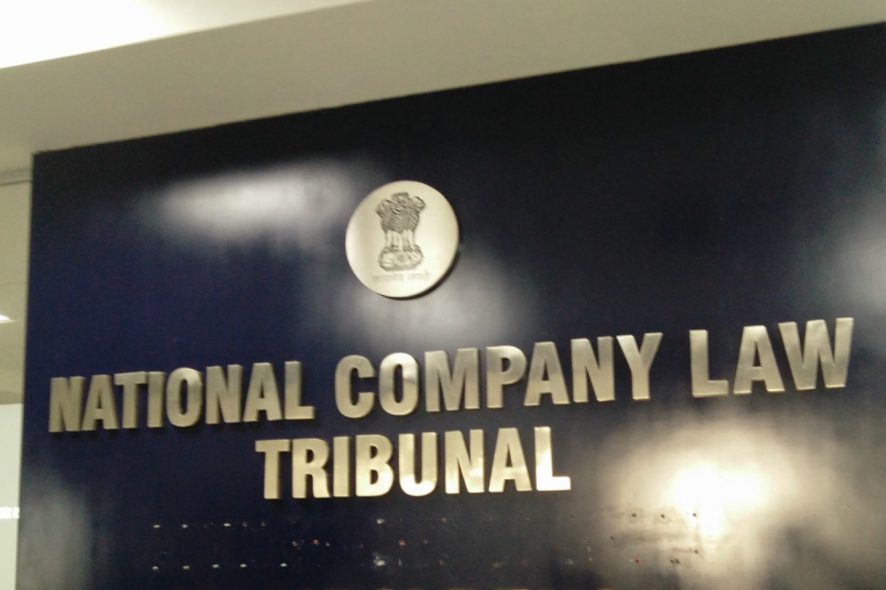The NCLT Mumbai Bench was recently faced with a peculiar situation wherein post admission of a Petition, the Operational Creditor and Corporate Debtor entered into settlement/consent terms prior to the constitution of the CoC. Pursuant to the Consent Terms, the Corporate Debtor even duly repaid the Operational Creditor’s entire debt and consequently; prayed that its CIRP be withdrawn pursuant to the settlement.
In the present case, the Petition filed by the Operational Creditor came to be admitted on July 16, 2020. Thereafter, the Corporate Debtor and Operational Creditor entered into Consent Terms dated July 27, 2020, i.e. prior to the constitution of the CoC.
Pursuant to the Consent Terms, the Corporate Debtor rendered full and final payment in favour of the Operational Creditor thereby discharging its obligations under the Consent Terms. Thereafter, the Operational Creditor filed an Application for withdrawal on July 30, 2020, praying for withdrawal of the Corporate Debtor’s CIRP.
At the hearing of the withdrawal application, the NCLT dismissed the same in view of the fact that the withdrawal application ought to have been filed by the Interim Resolution Professional as mandated under Regulation 30A(1)(a) of the Insolvency & Bankruptcy Board of India (Insolvency Resolution Process for Corporate Persons) Regulations, 2016.
In the intervening period, the CoC came to be constituted on August 8, 2020. When the IRP placed a proposal for withdrawal before the CoC under Section 12A, the CoC resolved to reject such proposal notwithstanding the settlement between the Operational Creditor and the Corporate Debtor.
Faced with the aforesaid peculiar situation, the NCLT passed an order raising the following question of law :
“Ld. Counsel for the CoC seeks time to place on record authorities in support of his contention that onceCoC is constituted any settlement has to be made only in terms of Regulation 30-A 1(b) of the IBBI (Insolvency Resolution Process for Corporate Person) Regulations, 2016 irrespective of the fact that the settlement in question may have been entered into between the Operational Creditor and Corporate Debtor much prior to the constitution of CoC itself.”
At the hearing of the matter post the question of law being raised by the NCLT, Counsel for the Corporate Debtor and Operational Creditor submitted that since full and final payment of amounts under the Consent Terms was already rendered and since written confirmation has been received from the Operational Creditor that no amounts remain outstanding, the Corporate Debtor’s CIRP ought to be terminated in the interest of justice.
Opposing the aforesaid prayer for withdrawal, Nausher Kohli appearing on behalf of the CoC argued that the primary intent and objective of Section 12A is that post-admission, all financial creditors have to be consulted and have to ascertain whether or not to allow withdrawal. Further, that an omnibus settlement involving all creditors ought to be entered into rather than a settlement inter-se between the Corporate Debtor and the Operational Creditor at who’s behest the Petition came to be admitted. He argued that this is the rationale why a high percentage of consent from 90% of creditors has been mandated to approve such withdrawal or settlement.
Mr. Kohli further argued that the crucial and only date to be considered whilst hearing such application is the ‘date of filing of such application’ and not the ‘date of settlement/consent terms’. This is evident from a plain reading of Section 12A and Regulation 30A. He argued that in the event the ‘date of settlement/consent terms’ is taken into consideration, a dangerous precedent will be set in as much as post admission of a Petition and post constitution of the CoC, a Corporate Debtor and Operational Creditor may back-date their alleged consent terms rendering Section 12A otiose. He, therefore, submitted that since in the present case, the CoC has unanimously rejected the proposal to withdraw under Section 12A, no withdrawal can be permitted notwithstanding the inter-se settlement between the Operational Creditor and Corporate Debtor.
After hearing the parties, the NCLT passed an order ruling that the relevant date for considering withdrawal of CIRP is the date of the application and nothing else. Consequently, the NCLT permitted the Corporate Debtor’s CIRP to continue by replacing the IRP with an RP notwithstanding the prior full and final settlement between the Corporate Debtor and Operational Creditor.
The CoC was represented by Nausher Kohli instructed by Akhil Sarathy from Thodur Law Associates. The Corporate Debtor was represented through Vashi & Vashi.[Union Bank of India v. Sovika Aviation Services (P) Ltd., 2020 SCC OnLine NCLT 1034, decided on 26-10-2020]







This will have massive ramifications on Corporate Debtors.